In the feudal society of China, the term "prince heir" carries a specific meaning, representing the continuation of power and the inheritance of bloodline. Throughout history, the status of prince heir was not randomly determined, but followed a strict system of patriarchal clan rules and hierarchical order.

First Paragraph: Definition and Identity
In ancient China, prince heir usually referred to the legitimate firstborn son of the emperor, the lawful heir. His identity was unique, being both the emperor's son and the future successor to the throne. The determination of this status was not only related to the family's glory but also to the future of the country. Therefore, the prince heir's position was often second only to the emperor, enjoying special privileges and respect.
Second Paragraph: Rights and Obligations
As the future heir to the throne, prince heirs possessed certain rights and also bore corresponding obligations. They were required to undergo rigorous education, learning literature, martial arts, politics, and other knowledge to ensure they had the ability to take over state affairs. Additionally, prince heirs needed to participate in national ceremonies and activities to demonstrate their demeanor as future monarchs. However, the behavior of prince heirs was also strictly monitored, and any immoral conduct could affect their inheritance rights.
Third Paragraph: Historical Changes
In different dynasties, the status and role of prince heirs varied. In some periods, such as the Tang Dynasty, prince heirs had relatively greater power and could even directly participate in decision-making on national affairs. In other periods, such as the Song Dynasty, prince heirs had relatively less power, with their main duties being to study and prepare for succession. These changes reflected the differences in political structure and cultural background across historical periods.
Fourth Paragraph: Controversies and Challenges
Although the status of prince heirs seemed unshakeable, there were also controversies and challenges in history due to various reasons. For instance, if the emperor had multiple sons or if the prince heir's conduct was unethical, it could lead to disputes over the inheritance rights. In such cases, power struggles within and outside the palace could become exceptionally intense, even affecting the stability of the entire country.
Conclusion Paragraph: The Role and Significance of Prince Heirs
Overall, prince heirs played a crucial role in ancient Chinese society. They were the inheritors of the royal bloodline and the symbols of the country's future. Through a deeper understanding of the identity of prince heirs, we can better grasp the patriarchal clan system and power structure of ancient society, thereby gaining a more comprehensive understanding of this important historical and cultural phenomenon.
Disclaimer: The above content is sourced from the internet and the copyright belongs to the original author. If there is any infringement of your original copyright, please inform us and we will delete the relevant content as soon as possible.
Guess you like it
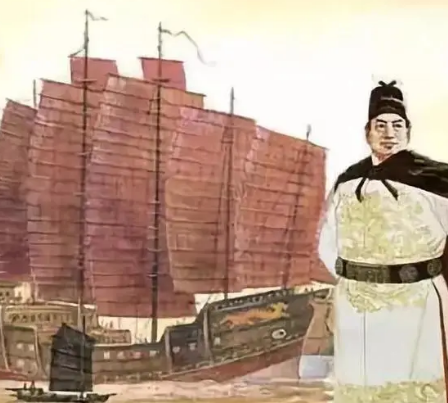
What are the various theories about Zheng Hes voyage to the Western Seas in search of the truth about Emperor Jianwen?
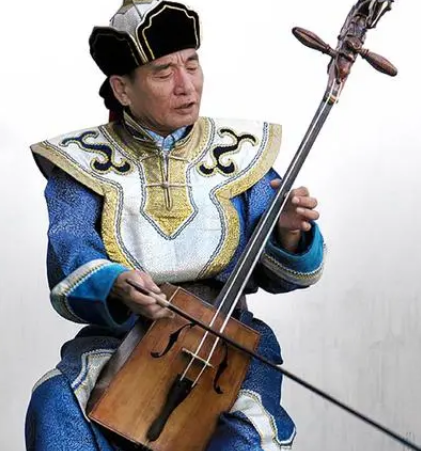
Musical Messengers of the Grasslands and Plateaus - Exploring the Difference between the Morin Khuur and Yatoga

What is Wei Jis courtesy name? How did it come about?
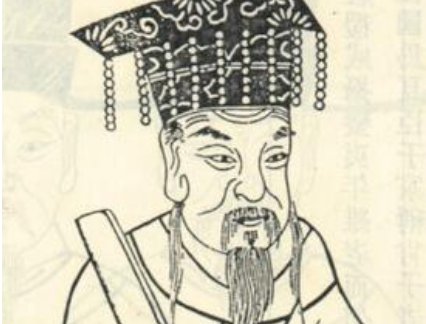
Exploring the Origins of the He Family and He Zhizhong in Shawan
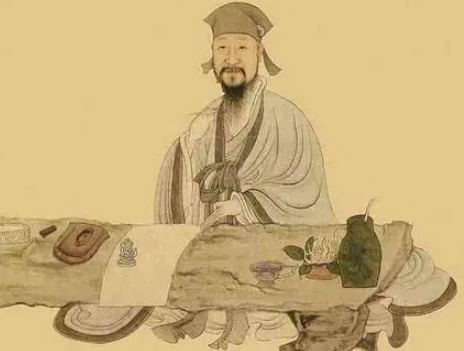
The Distinction and Influence of Honest and Corrupt Officials in the Southern and Northern Dynasties

Who is the Chinese equivalent of Sagan? What are their similarities?
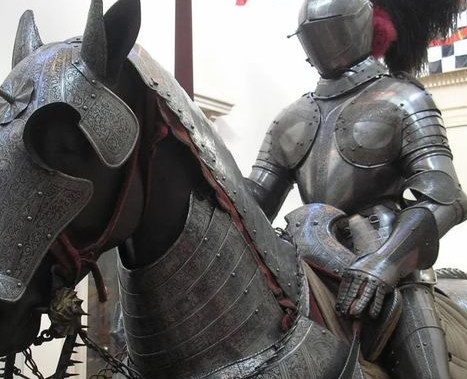
Exploring the Military Equipment of Ancient China - The Reason Behind the Lack of Plate Armor

What works did Sagan leave behind? Recommended works by Sagan
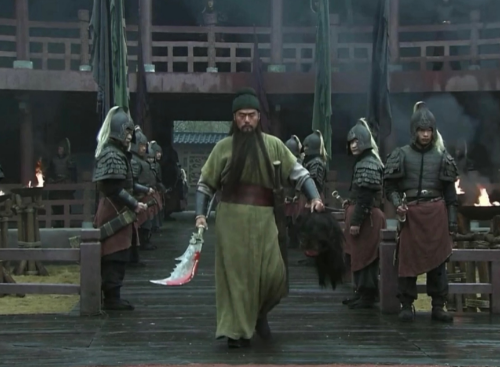
Wine-warmed Sword Slaying Hua Xiong: The Historical Truth and Literary Interpretation
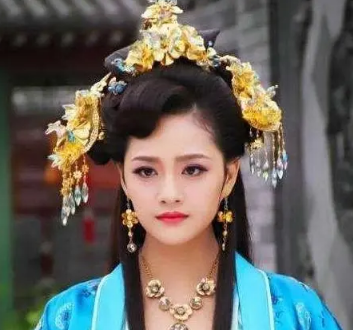
Administration of the Imperial Court in the Ming Dynasty: The Intertwining Roles of Crown Princess and Imperial Consorts









